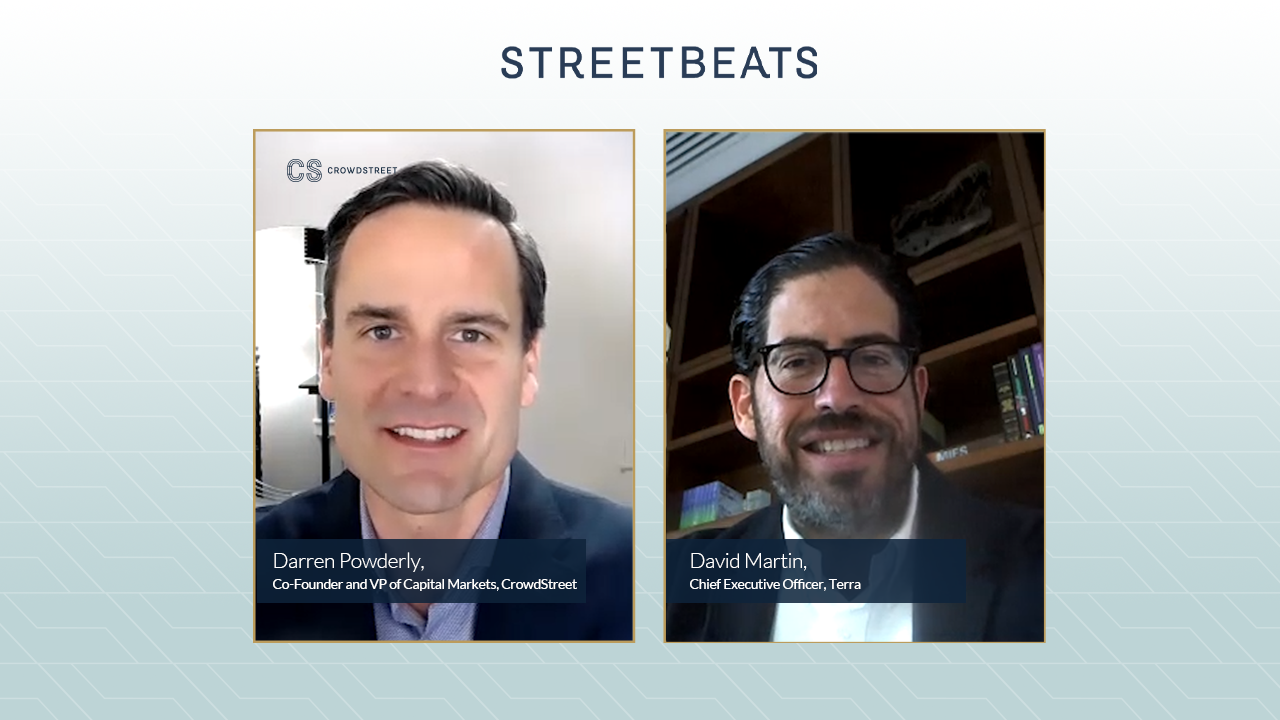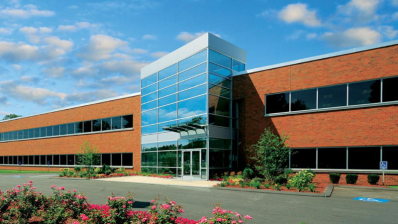
Crowd Street's Darren Powderly is joined by David Martin, CEO of Terra, to discuss the demand drivers for the South Florida market, the migration patterns into the area, and how Terra is positioned to capitalize on that move and the current outlook on retail real estate.
